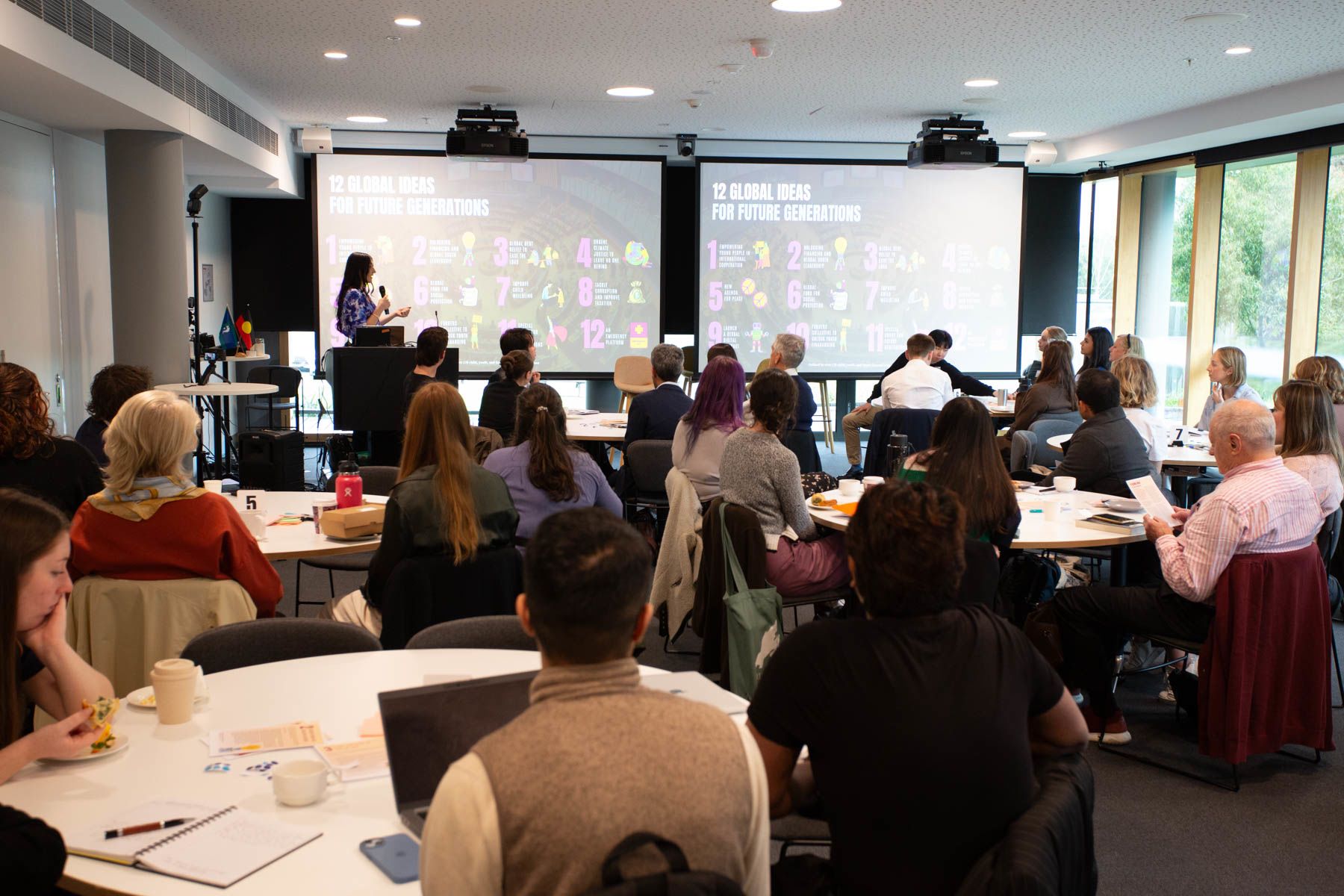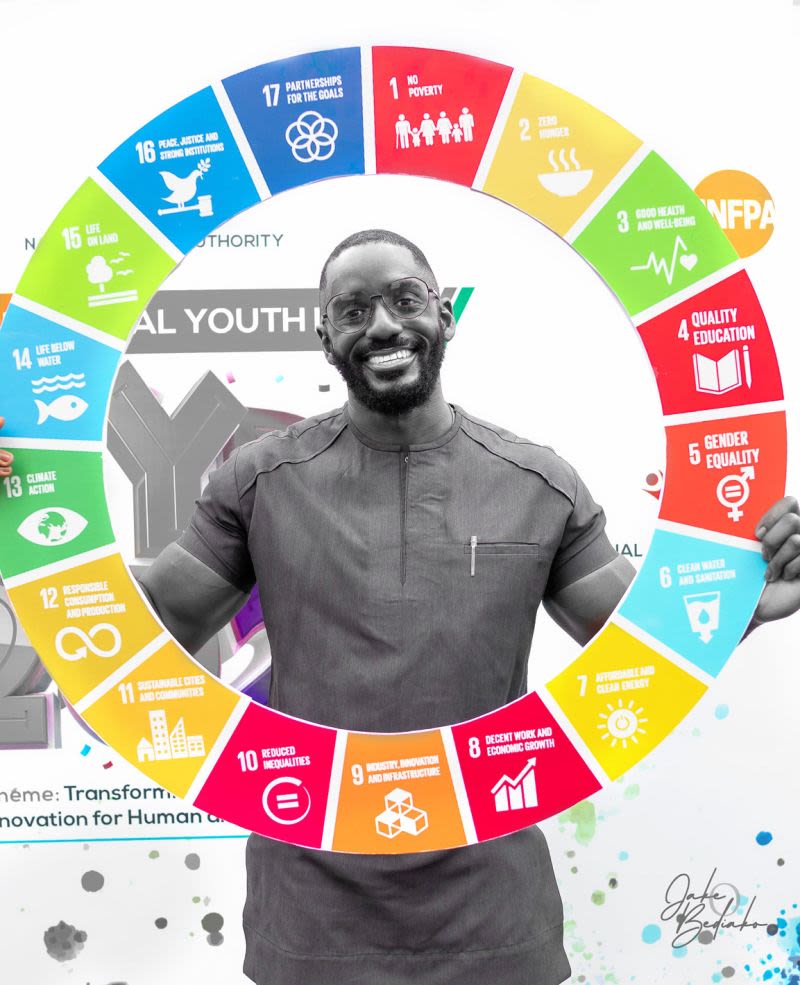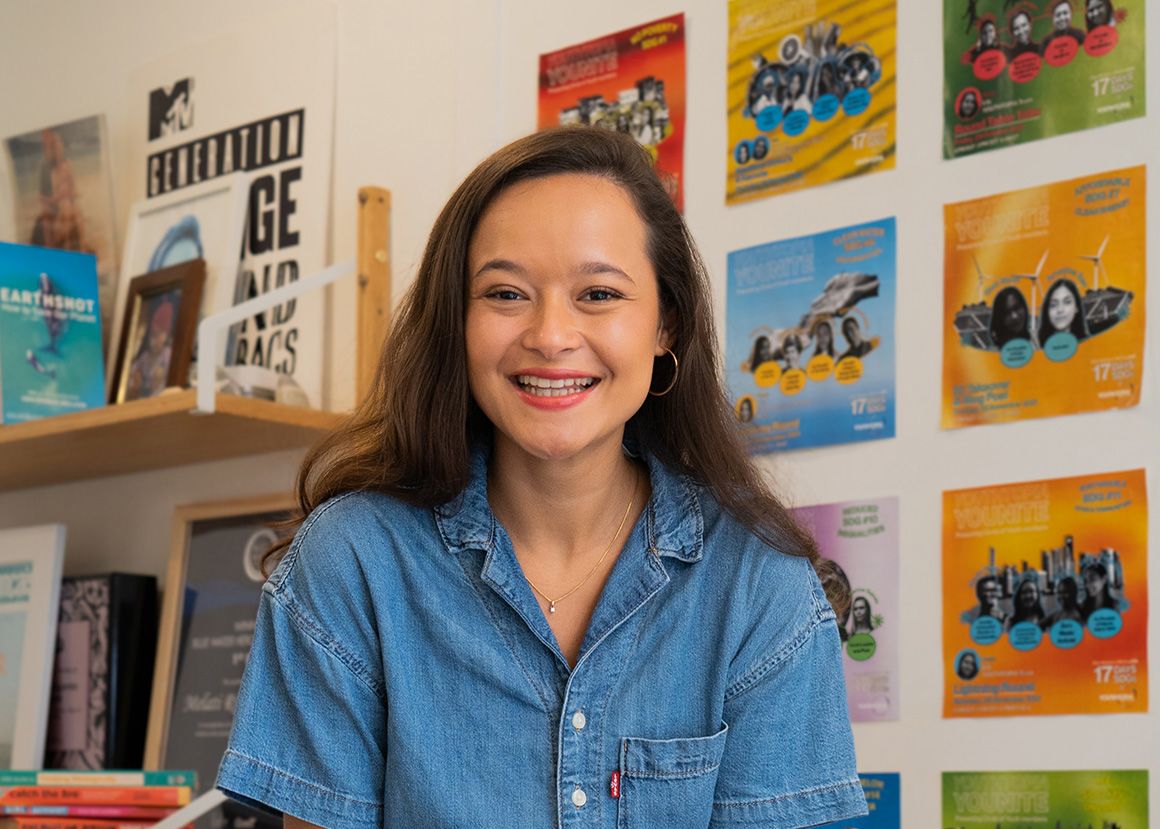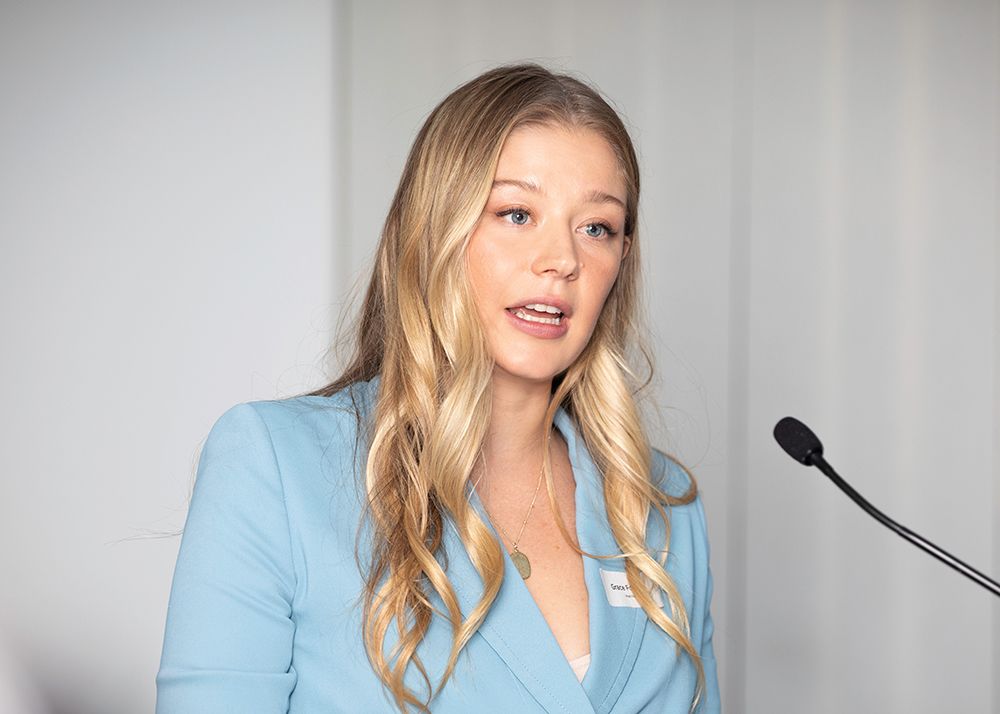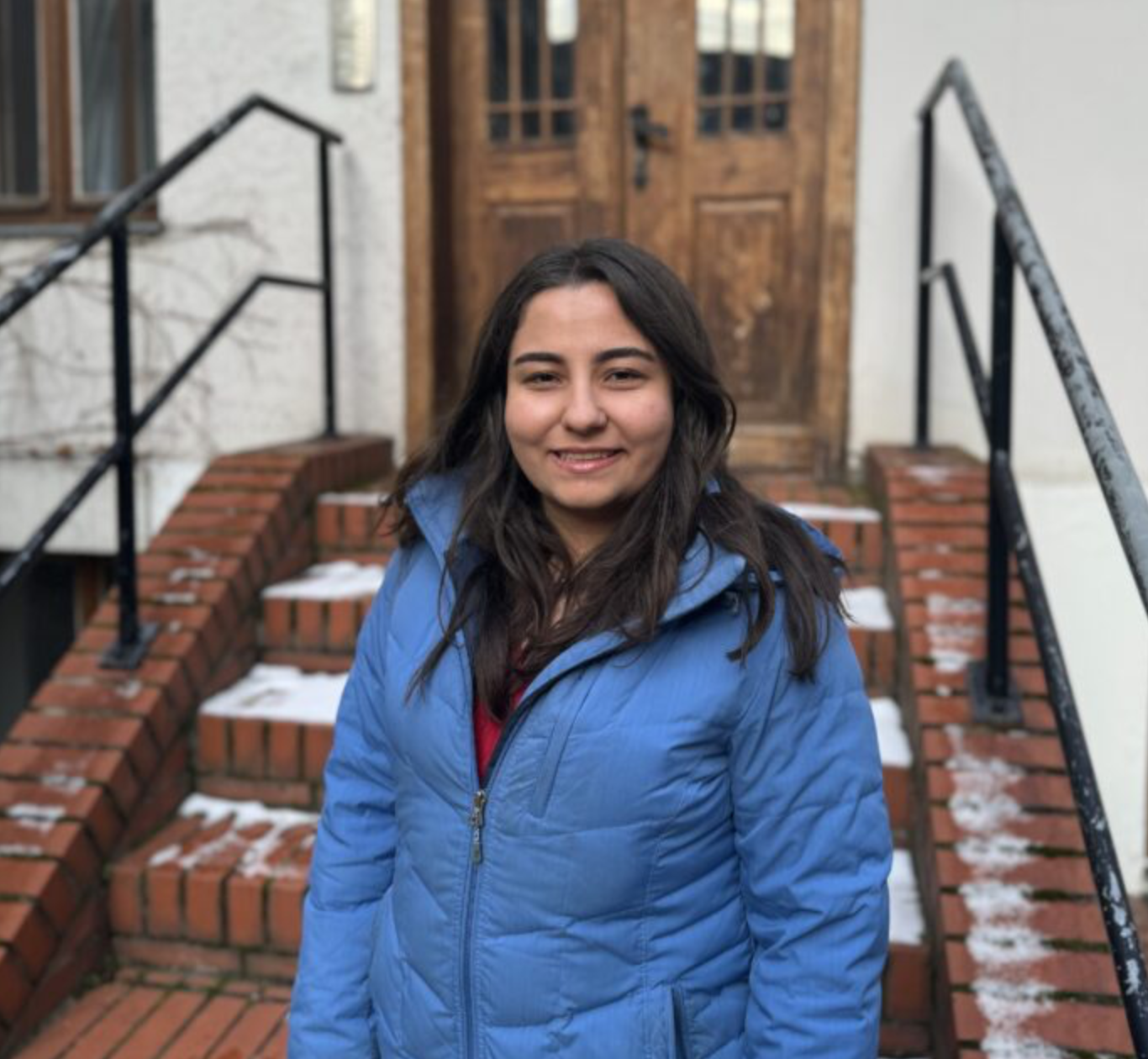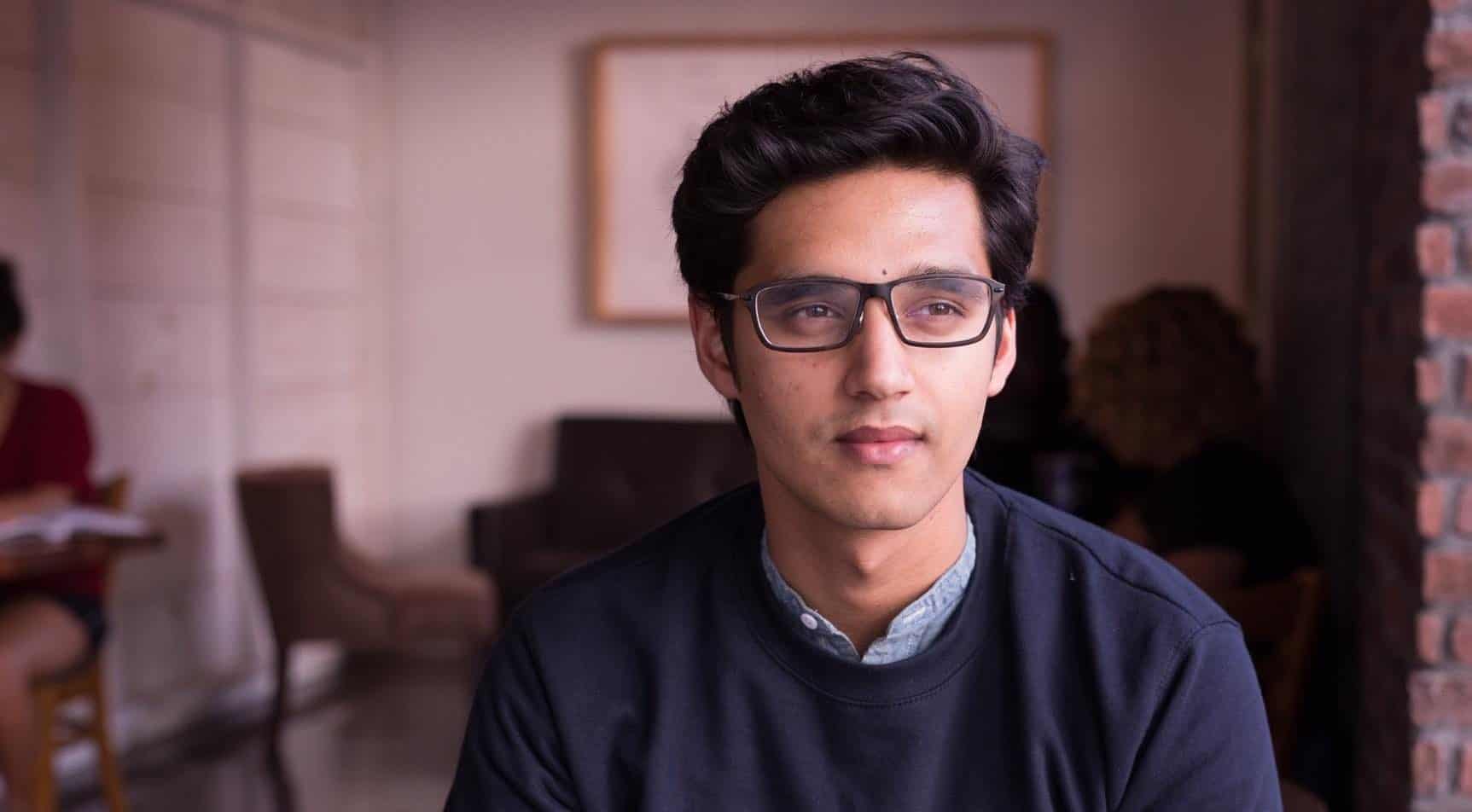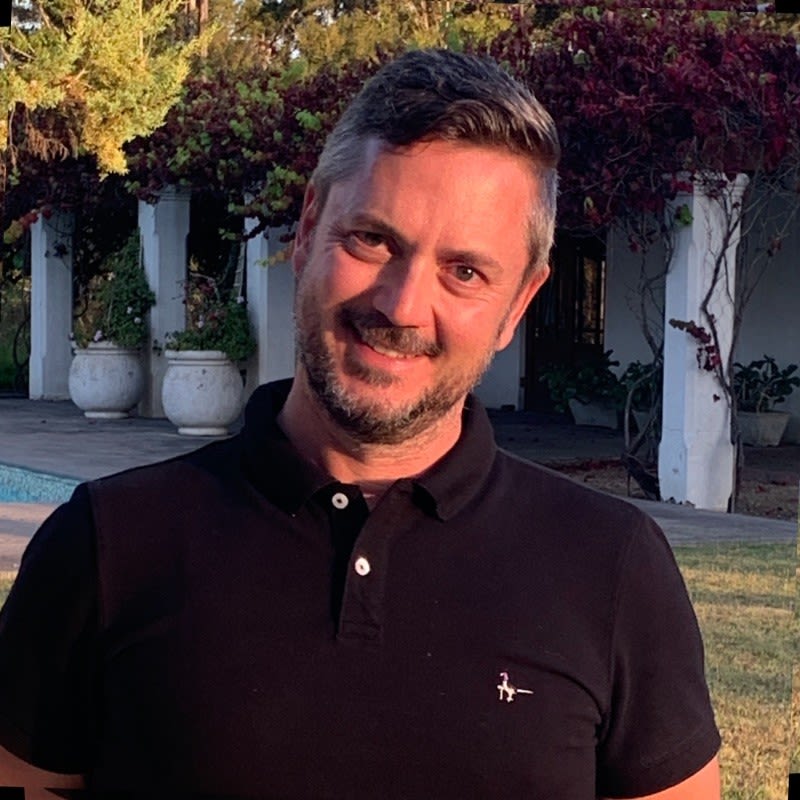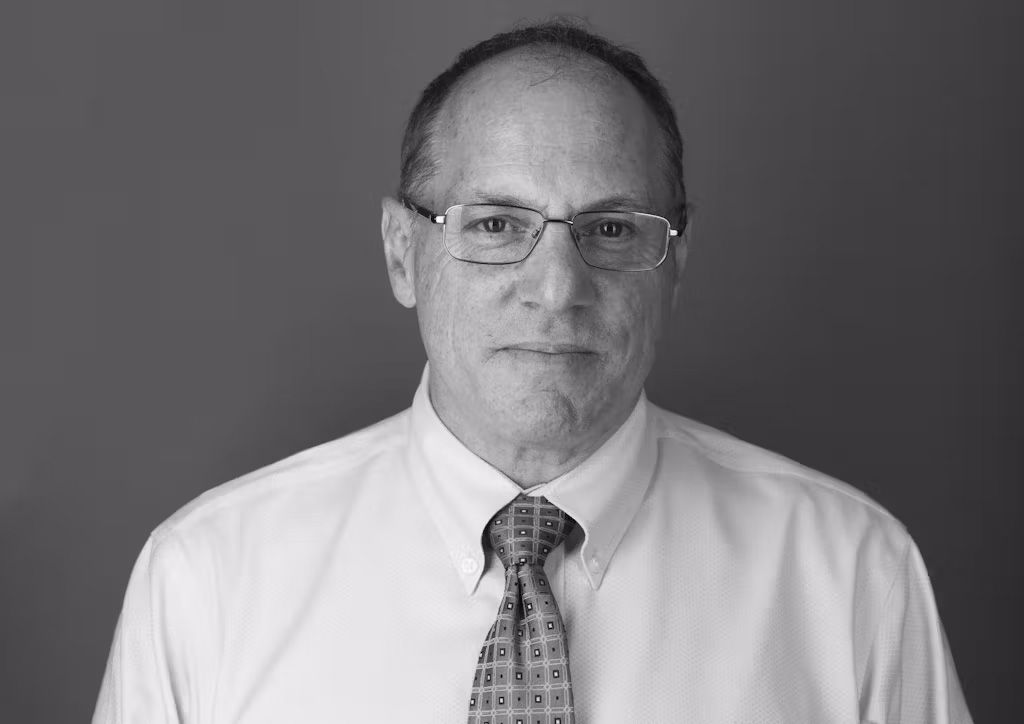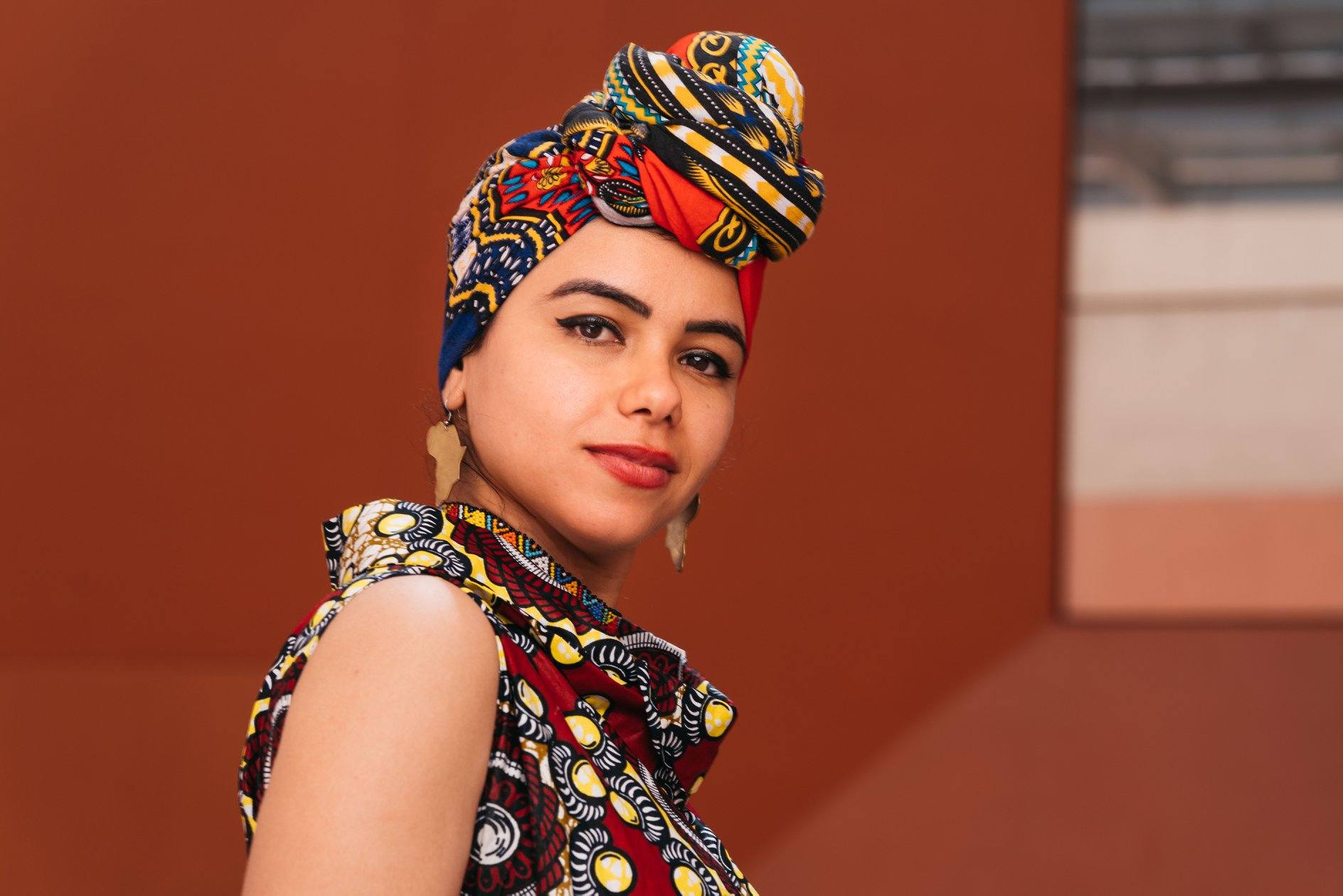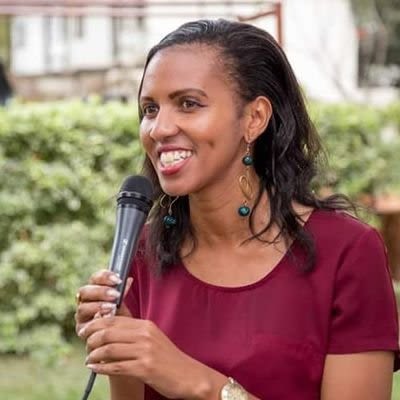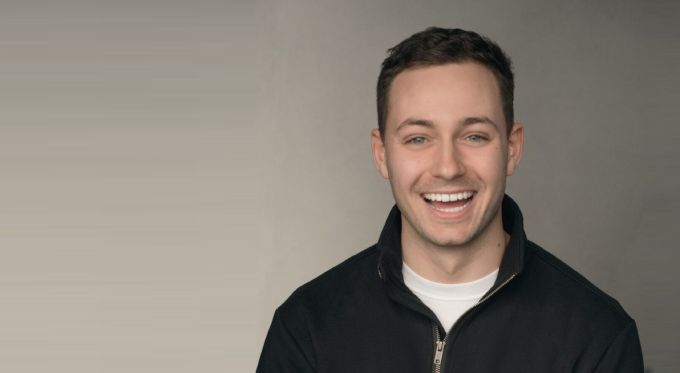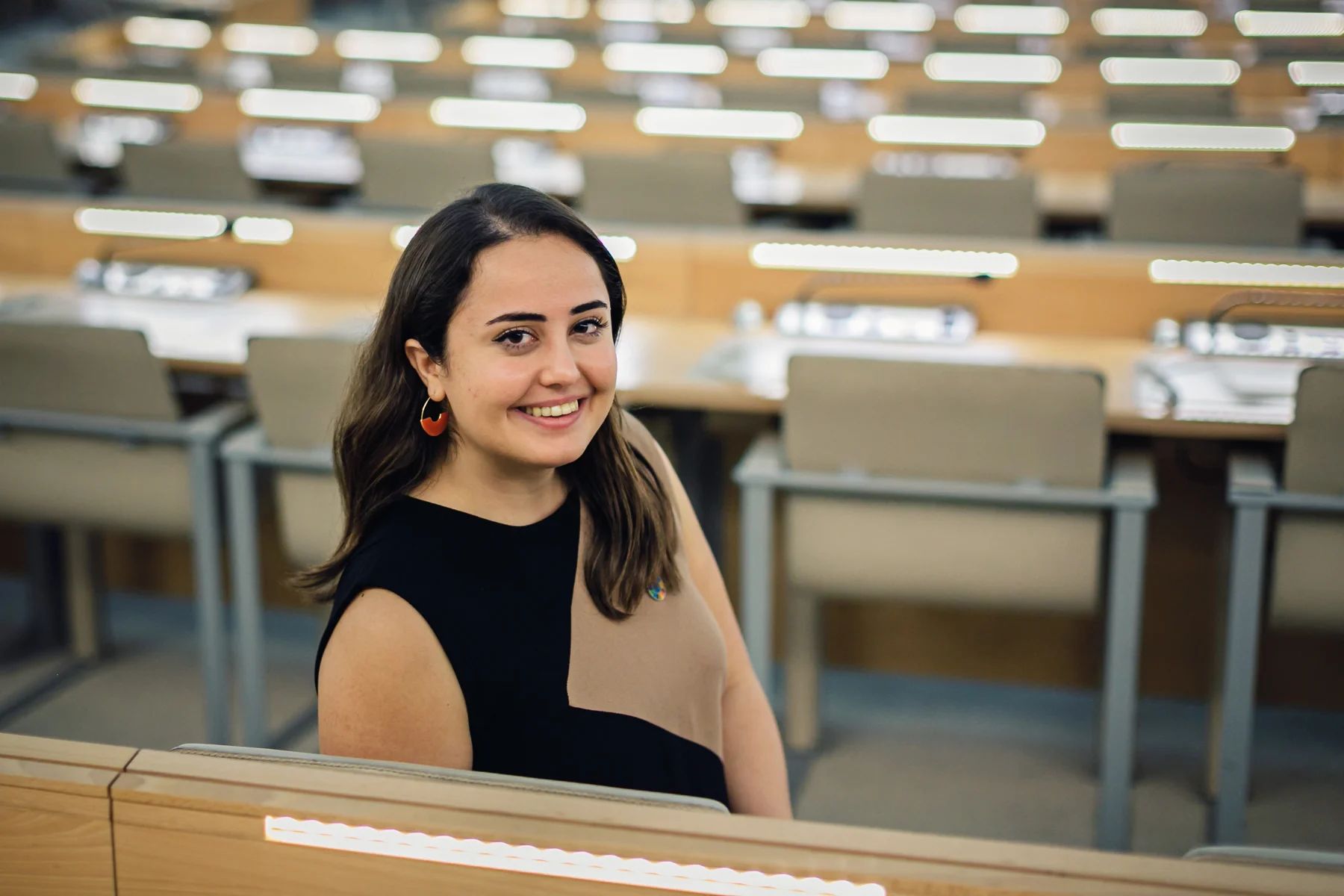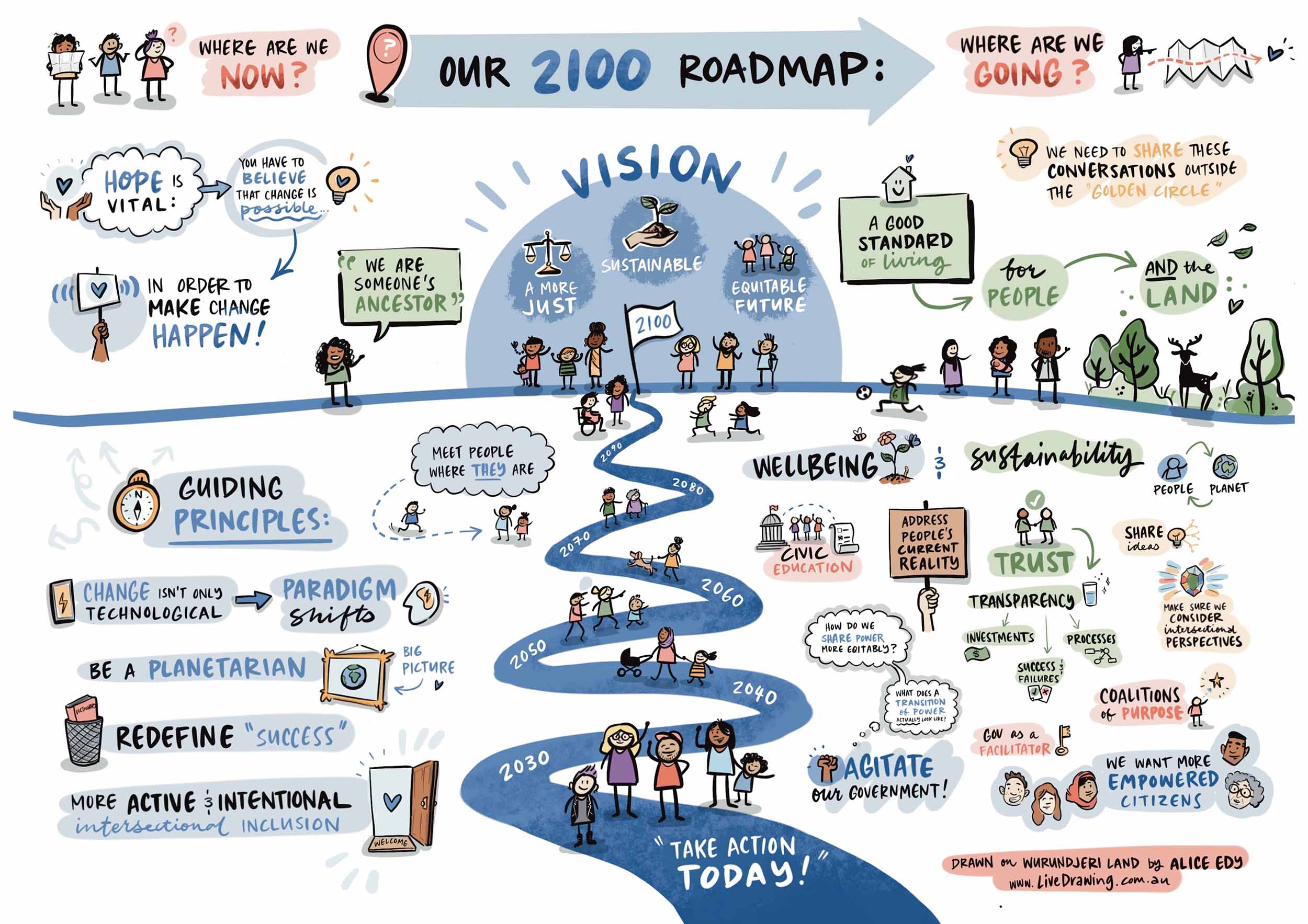Engine Room For the Future
Mobilizing young people worldwide
to think, plan and act for 2100
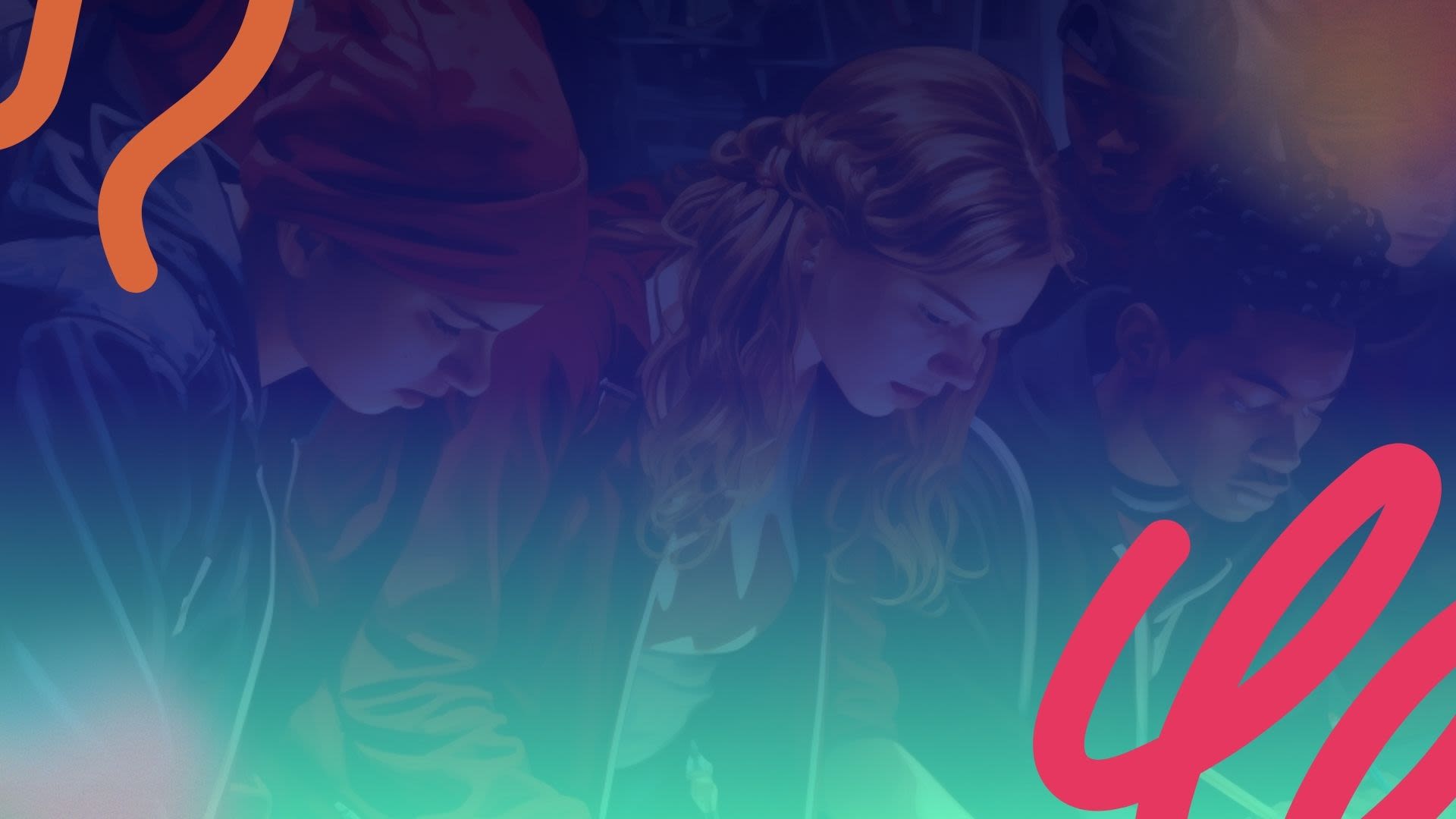
We’re halfway through the year, and the Engine Room's Action Groups are seriously crushing it with their prep for the 2100 Learning Agenda.
This is all gearing up for September's Summit of the Future and beyond to the final SDG Summit in 2027. Basically, these young changemakers are going to show how the UN can tackle some of the biggest challenges we're facing right now – like climate change and jobs to fuel economic growth.
The 2024 Engine Room is all about getting young people involved in achieving the SDGs (Sustainable Development Goals).
It's based on human-centered design, which means they’re following these five stages: Empathize, Define, Ideate, Prototype, and Test and Share.
They’ve got opportunities called Spotlight Sessions, where young people can chat with seasoned experts and leaders. It's like getting advice from someone who's been there, done that, and knows all the tricks, as well as a chance to learn from young people on the latest ideas. These sessions give the young people the skills and tools they need to create a 2100 Roadmap that's all about what young people and young countries actually need.
Missed some of the action?
Here’s a quick catch-up on what's been happening in the Engine Room so far:
Engine Room Launch
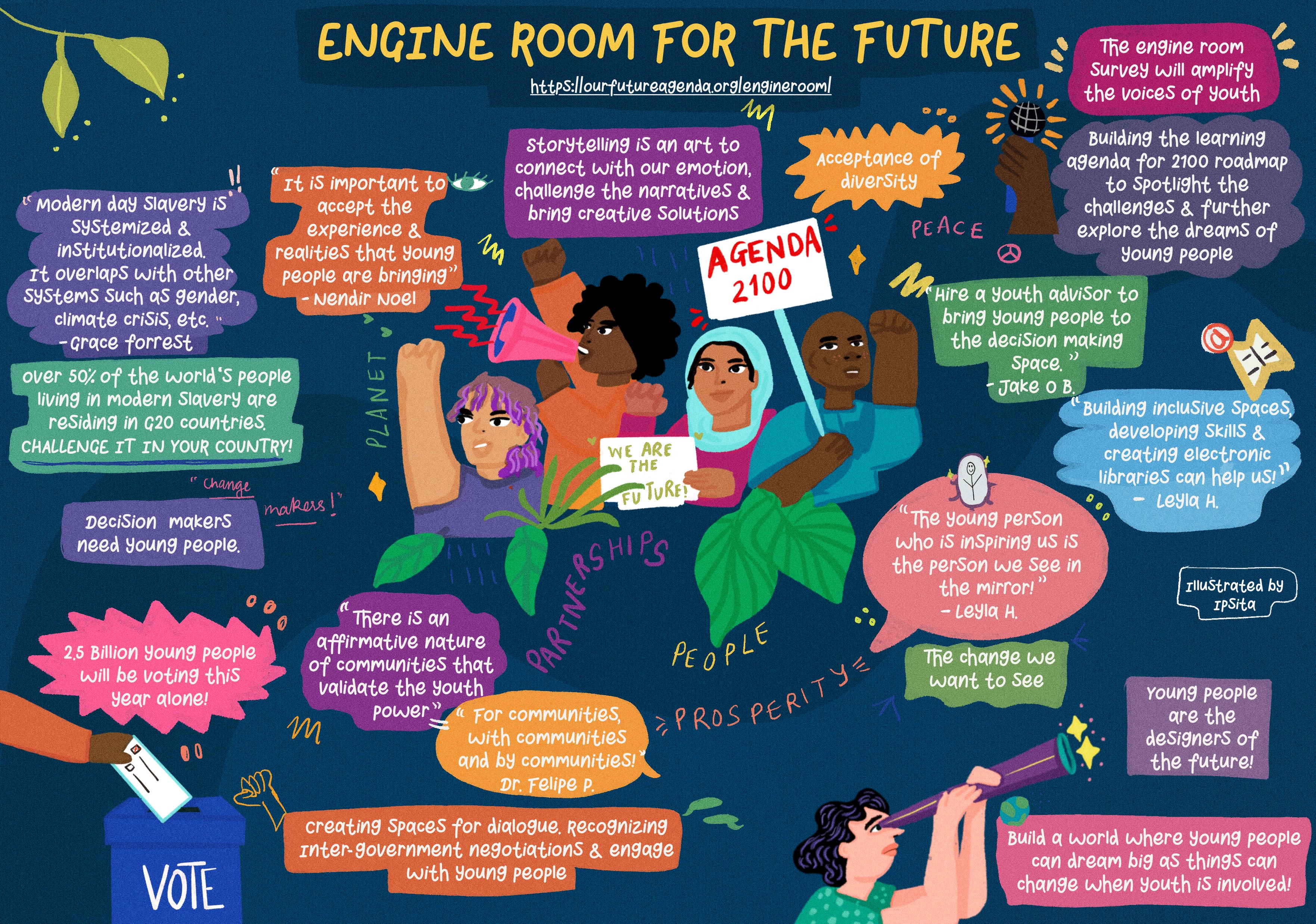
Back in April, we kicked off the Engine Room at full speed, and what an incredible journey it's been. We were delighted to welcome over 650 people – with 70% joining the Engine Room for the first time!
A special highlight was the inspiring keynote from Dr. Felipe Paullier, the newly appointed United Nations Assistant Secretary-General for Youth Affairs. Dr. Paullier shared his insights on the power of collective action and the need for intergenerational engagement to tackle the overlapping crises our world faces today.
He stressed the importance of collaboration and solidarity, and how crucial it is that we embrace diverse perspectives. Dr. Paullier reminded us that young people are not just the leaders of tomorrow, but essential partners in driving change today.
"Whatever you can do matters and moves the system. Speaking about issues in the way you understand them is crucial. Bringing [your] perspectives into the conversation is vital. Young people are partners in this journey, and we can make a difference."
Following his keynote, we had an engaging panel of changemakers, visionaries, and leaders who explored how international cooperation can address both current and future challenges.
"It's not easy for young people to get into decision-making spaces. The quickest way any young person gives up their power is by not knowing how much they have. Remember that your elected leaders literally work for you. It's their job to answer your questions."
Engaging Young People in Decisions
Jake Obeng-Bediako, Presidential Coordinator of Youth Engagement and Strategy in Ghana, reminded us that the future is ours to shape, and it's crucial that we get involved in decision-making processes.
He stressed the importance of collaborative decision-making, stating that it’s not just about adults making decisions for young people – they need to be part of the conversation.
He also highlighted the need for youth-led representation, saying we should strive for more young voices in leadership positions.
The Power of Unity and Storytelling
YOUTHTOPIA founder Melati Wijsen spoke on the strength found in working together to tackle shared challenges and sharing our stories.
She emphasized the power of community change, inviting us to "smart small, think big", and not underestimate the impact that can be made on a local level.
Sharing your journey, as Melati has found, can also be a tool to inspire others. Whether through social media, local events or creative projects, storytelling has the power to motivate and mobilize.
Empowerment and Education
COP29 Youth Climate Champion Leyla Hasanova focused on the importance of empowering young people through education and learning.
She urged attendees to seek knowledge – to always remain curious, ask questions, research, and never stop learning.
A champion of quality education, she also invited our audience to advocate for better educational resources and opportunities for everyone, highlighting education's potential as a powerful tool for change.
Activism Against Modern Slavery
Grace Forrest, Founding Director of Walk Free, brought attention to the critical issue of modern slavery and the role of young people in combating it.
She encouraged attendees not to be afraid to question and challenge unfair systems, to use their voices and their votes to push for change.
She also advocated for ethical consumerism, inviting us to be mindful of the products we buy and the companies we support and highlighting the power of ethical choices to drive significant change.

Voices, Votes, and Vision
Yanique Nissan DaCosta and Rogelio Voges, both experts from United Nations missions, urged all of us to use our voices and votes to effect change. Their advice is simple but powerful: stay informed and get involved. Knowing what's happening around the Summit and participating in consultations means your perspectives are represented and your interests protected.
Youth Voices on the Global Stage
Memory Vanessa Banda, President of Foundation for Girls Leadership Malawi, passionately advocated for amplifying the voices of young women and girls. She highlighted that for a truly inclusive future, it is essential to invest in youth-led movements. Memory believes that when young women and girls are heard, we pave the way for a more equitable and inclusive world.
Balancing Immediate Action with Future Planning
Frank Mohrhauer reminded us of the delicate balance between addressing current crises and planning for the long-term future. The Director of National Society Development at IFRC noted: "If you do something now, you also do something for the future. Everything we do now has future impact." Frank's message was clear: our actions today will shape the world we live in tomorrow.
Local Community and Intergenerational Solidarity
Refugee and advocate Nhial Deng shared inspiring examples from his youth leadership journey, emphasizing the importance of local community, intersectionality, inclusion, and intergenerational solidarity. He illustrated how grassroots mobilization, when inclusive and community-driven, can effectively work towards achieving collective interests.
Spotlight 1
Empowering the Next Generation Through Deep Listening
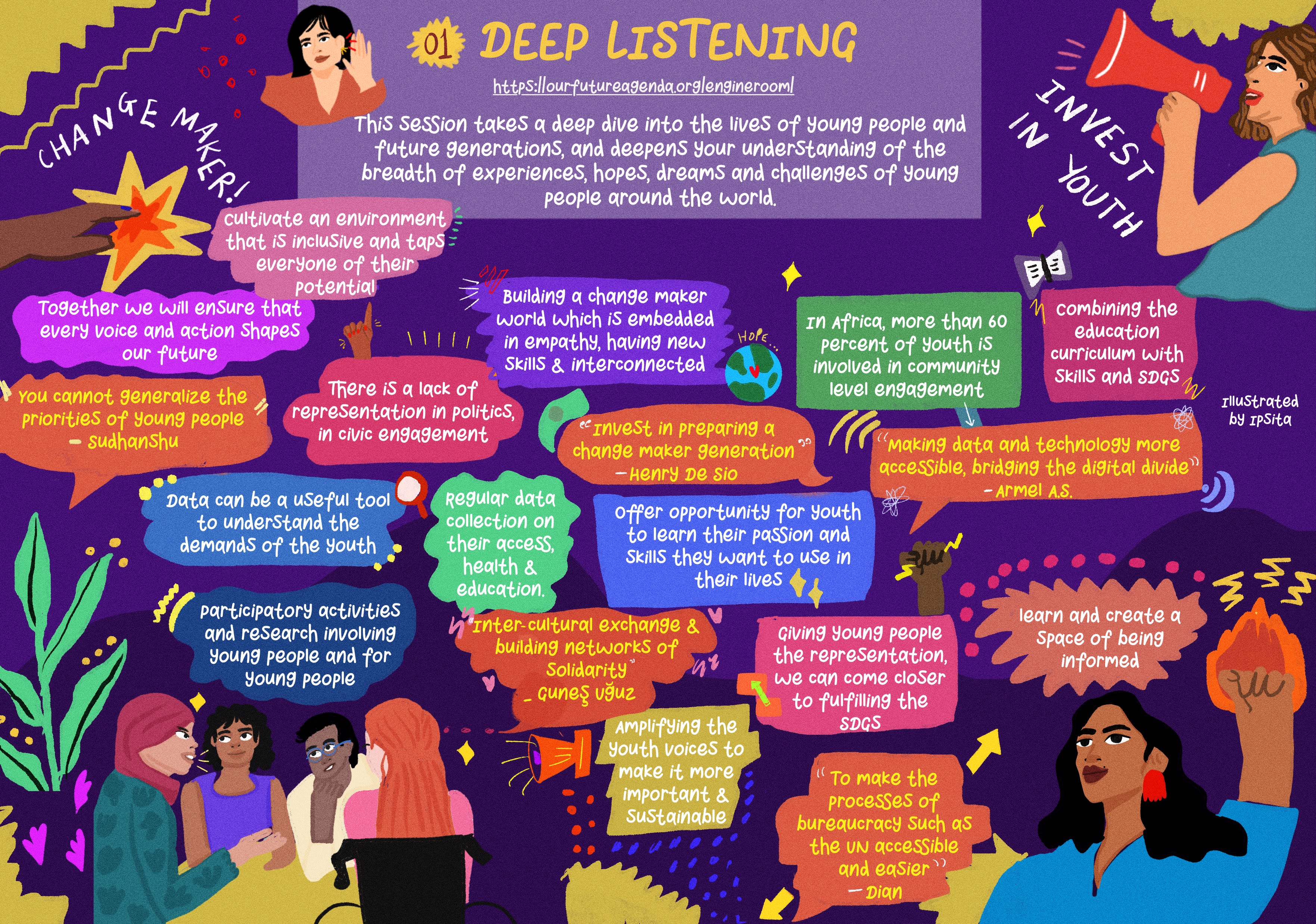
Spotlight 1 highlighted the significance of understanding and removing the barriers that young people face as they strive to make a difference.
It marked the first step on our journey to Empathize – exploring the lives of young people and young countries to understand their current and future aspirations, struggles, and needs.
Here's a breakdown of the key insights shared by the event's speakers
Empowering Young Entrepreneurship
If young people didn't have to spend a quarter of their income on basic necessities like water and could instead invest in their businesses, how could this shift transform their daily lives and empower them to shape their futures?
Güneş Uğuz, a Youth Board Member of the European Youth Parliament, pointed out the big difference that investments in youth entrepreneurship can make.
"Lots of organizations help you gain these skills," she said. "These skills can be about communication, leading, or raising awareness—things we don't get to learn about in schools but are essential for our growth."
Political Inclusion for Young People
The political landscape in many countries is dominated by older generations, often leaving young people feeling excluded.
Sudhanshu Kaushik, founder of the Young India Foundation, addressed this issue by highlighting the need for more inclusive political systems, where the age of candidacy – which in India, for example, is set at a restrictive 25 compared to other regions' 18 to 21 – is not a barrier to youth participation in politics.
"We have to make politics more relatable," added Kaushik. "If young people are not coming out to vote, what's the incentive for political parties to cater to them?"
Navigating Political Resistance with Data
Nico De Klerk, Director for External Relations and Communications at the Ichikowitz Family Foundation, discussed the challenges faced by researchers and activists when dealing with political resistance.
De Klerk advised maintaining scientific independence and using data to support and amplify government programs rather than criticizing them. In many countries, misinformation is a significant issue, with governments sometimes being blamed for spreading fake news. It is crucial to present data as a tool for positive change and to maintain transparency and credibility in research efforts.
The Power of Empathy in Leadership
With a distinguished career that includes serving as the Chief Operating Officer of Barack Obama’s 2008 presidential campaign, Henry De Sio, Chief Operating Officer of the United Nations Foundation, shared insights on why empathy is essential for fostering meaningful conversations and understanding diverse perspectives.
He illustrated this with a personal anecdote involving his son Dante. "Dante gave me three strategies: ask about their favorite tall building, their favorite food, and how they are doing" – simple questions that foster deep connections and show genuine interest in others.

The Deep Listening Spotlight underscored the importance of addressing the barriers faced by young people, and the power of empathy in creating a more inclusive and supportive environment. By also investing in youth entrepreneurship, making political systems more inclusive and using data responsibly, we can empower the next generation to drive positive change.
As we move forward, it is essential to listen to and support young leaders and activists. Their energy, dedication, and innovative ideas are vital for addressing the challenges of our time and shaping a better future for all. Through collective efforts and deep listening, we can create a world where young people have the opportunities and resources they need to succeed.
"We have ideas and ambitions, and we also have the energy and dedication to work for them.
Once we realize the importance of these topics, we can dedicate our energy to bringing change for the future."
Spotlight 2
Mapping Future Challenges
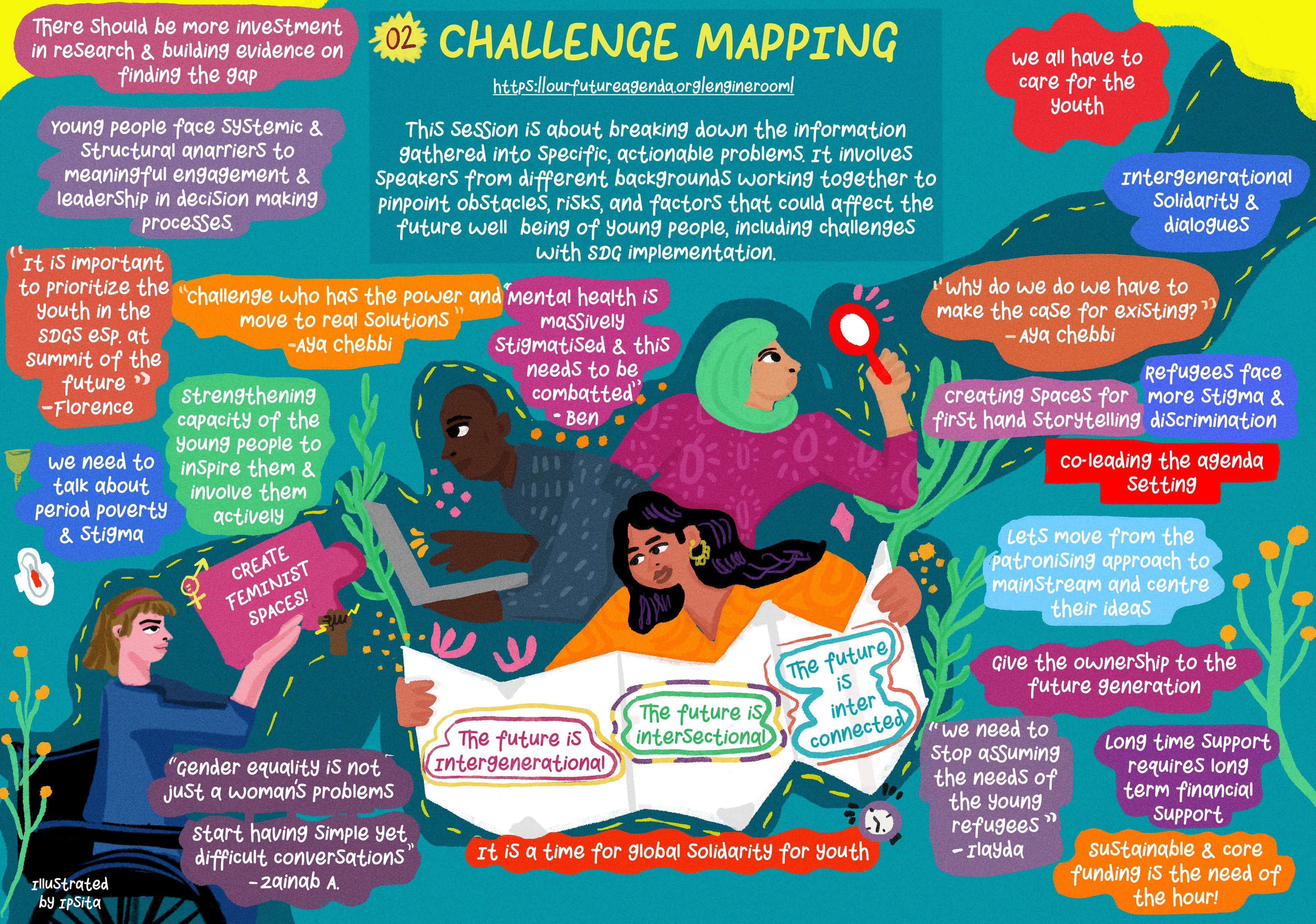
Spotlight 2 provided a critical platform for addressing the multifaceted challenges that young people face today.
It featured insights from influential young leaders and advocates on the importance of understanding and tackling issues ranging from mental health to gender inequality and refugee support.
The speakers brought diverse perspectives and expertise, each contributing to a broader understanding of the systemic barriers that young people encounter. The shared experiences and solutions proposed by these leaders offer a roadmap for addressing the root causes of various social and environmental issues, emphasizing the need for solidarity and proactive engagement at all levels of society.
Key Insights
A Call to Action for the Future
Aya Chebbi, founder of Nalafem and a trailblazing Pan-African feminist, set the tone with her keynote address, emphasizing the urgency of intergenerational cooperation in overcoming young people's struggles to gain meaningful participation and leadership roles.
In a powerful address, Chebbi underscored the necessity of moving from a patronizing stance to one where youth are seen as co-leaders. She called for a feminist and intersectional framework, recognizing the layers of identity that influence how problems are understood and addressed.
"Young people are your partners, not your competition. They are the fiercest advocates for SDGs, and we need to secure ownership about the future generations."
Integrating Young People in National Planning
Florence Syevuo, Executive Director of the SDGs Kenya Forum, spoke about the importance of integrating SDGs into national planning processes, especially considering the projected population growth in countries like Nigeria.
Syevuo pointed out that historical and structural inequities still hinder progress in many regions, and addressing these issues requires inclusive and transparent policy-making. She advocated for platforms where young people can influence decisions that impact their lives.
"Nothing for us without us. This needs to be a reality for young people ensuring you are in places where decisions are being made."
Advocating for Mental Health
Ben West, founder of #WalktoTalk and one of the UK's most engaged mental health campaigners, addressed the critical need for support systems for young people facing mental health challenges and emphasized the importance of combating the stigma around mental health.
West pointed out that many leaders make decisions without consulting experts or those affected by mental health policies. "If we want to make change in global mental health, we need to be investing in preventative measures, in education and early access to treatment for young people," he argued. His dedication to advocating for policy changes reflects the significant gaps that still exist in addressing mental health issues among youth.
Supporting Refugee Youth
İlayda Eskitaşcioğlu, human rights lawyer and founder of We Need to Talk, highlighted the severe challenges faced by young refugees, particularly regarding mental health and education. "Refugee and migrant communities experience period poverty and menstruation stigma in a deeper and more complex way," she noted.
Eskitaşcioğlu called for centering the voices and experiences of refugees, particularly young girls, in policy-making. "It is imperative to center young girls’ and refugees’ voices in finding solutions," she stressed. She advocated for sustainable core funding and long-term support for mental health programs, emphasizing the need to share these ideas with diverse stakeholders.
Tackling Gender Inequality
Zainab Amanullah, Programme Manager at Mahwari Justice, discussed the importance of addressing gender inequality to unlock the full potential of young people. "There is a direct relation between a girl getting her periods and the continuation of her education in many parts across the world," she pointed out.
Amanullah emphasized that gender inequality affects everyone and that progress cannot be made if any group is left behind. "We need to understand that gender inequality, it's not a female problem. It affects all of us," she said.

The Challenge Mapping Spotlight underscored the importance of inclusive, intersectional, and intergenerational approaches to addressing the challenges faced by young people today. By embracing these diverse perspectives and fostering meaningful conversations, we can work towards a future where young people are empowered to lead, innovate, and drive sustainable change. The insights from this event serve as a 2100 Roadmap for creating a more inclusive and equitable world, ensuring that the voices of the youth are not only heard but are instrumental in shaping the policies and initiatives that will define our future.
"Don’t be a product of systems of oppression, rise above your religion, nation, region, etc.
Don’t give up. Build alliances and consensus on issues that matter. If you are unable to contribute, then amplify."
What's Next?
Are you a young leader, under 30 years old, with the desire to shape the future?
If you like what you've seen here and want to get involved with the Engine Room, there are still plenty of opportunities to take part!
Coming up next is Pitstop 2, a dynamic gathering which lines up with the UN's High-Level Political Forum as our big moment for reflection on our progress towards the SDGs. This is shortly followed by Spotlight 3, a session where young people and expert speakers will come together to think creatively on how to accelerate urgent SDG investments that will yield high returns for young people.
When you join the Engine Room, you'll get all the details for these events – and more – straight to your inbox. Find out more and sign up here to join us as part of this intergenerational movement.
↓↓↓↓ Even more ways to get involved ↓↓↓↓

#NextGen Decides – Complete the Engine Room survey
We've created a survey that dives deep into proposals for a brighter, fairer future for all. Covering crucial topics like debt relief, clean energy, and protecting our planet for future generations, this is about making the right decisions that reflect the values and needs of young people everywhere.
Ready to share your vision?
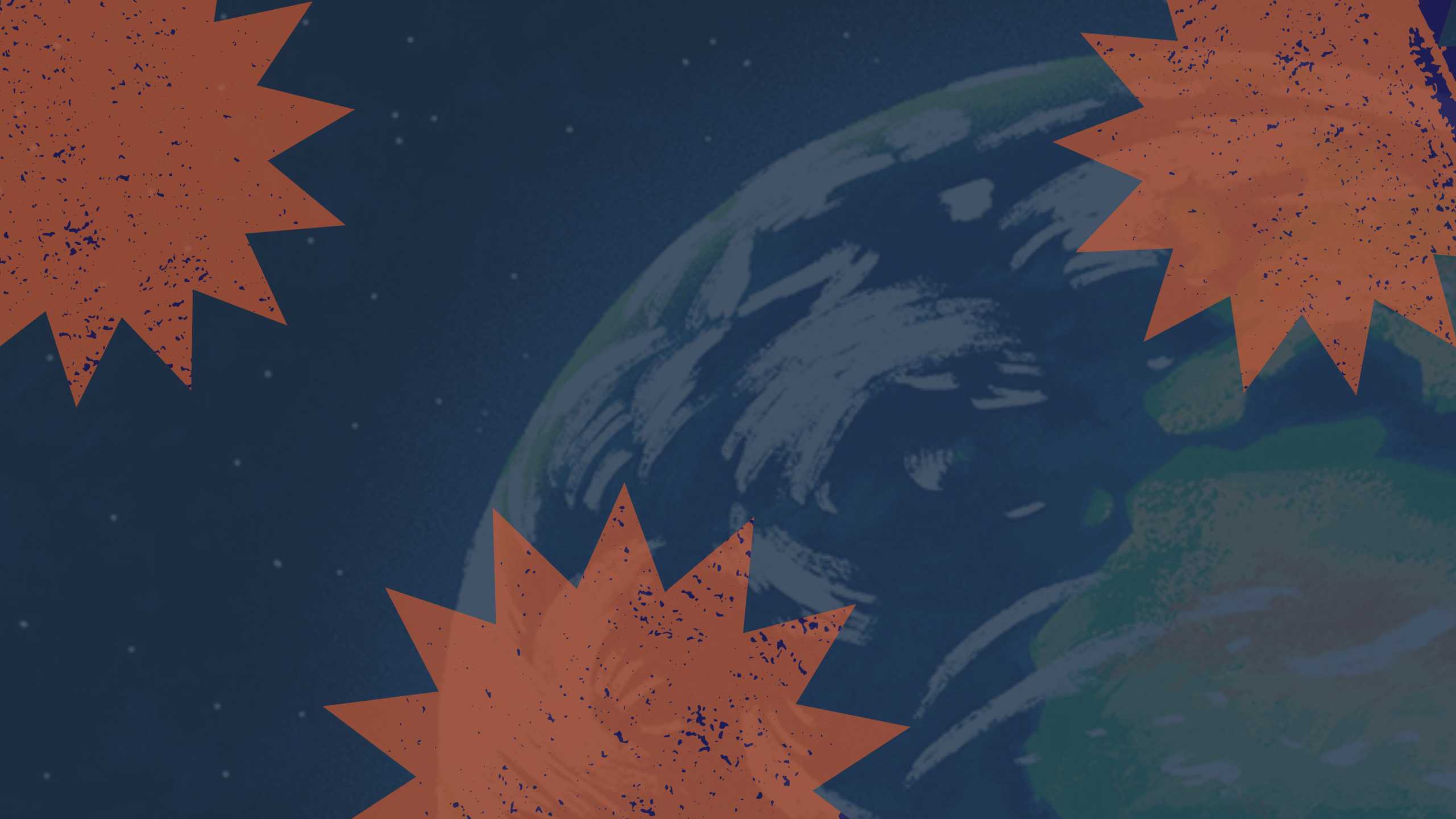
17 National Town Halls
This year, across 17 countries, young people and future generations are having their voices engaged, empowered and elevated in a series of Intergenerational Town Halls.
Discover the key moments from the Australian Town Hall on 20 May through this visual summary of the day!
Discover the key moments from the Australian Town Hall on 20 May through this visual summary of the day!
These locally led events are uniquely designed to address the challenges and opportunities specific to their host country.
Want to join us? Find out if there's an event happening near you!
